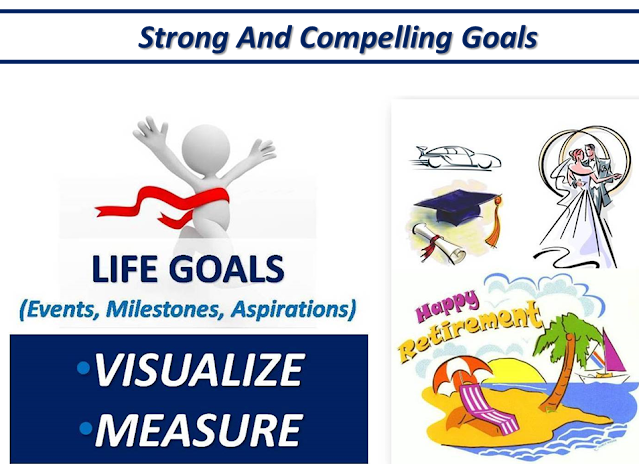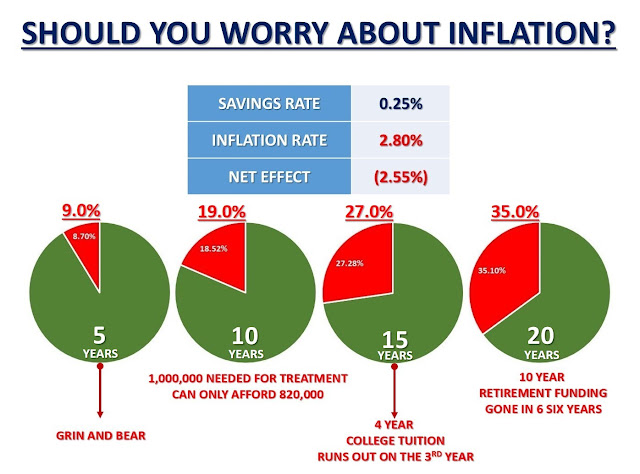Diversification as an investment strategy to minimize risk is the hallmark of prudent fund management, while it makes sense to spread your funds across asset classes to limit downside risk, a diversified portfolio also limits your upside potentialSystemic and unsystematic risk
Systemic risk refers to the risk of a breakdown of an entire system rather than simply the failure of individual parts. In a financial context, if denotes the risk of a cascading failure in the financial sector, caused by linkages within the financial system, resulting in a severe economic downturn. (as defined by the CFA Institute)
Unsystematic risk is the risk that is unique to a specific company or industry. ... In the context of an investment portfolio, unsystematic risk can be reduced through diversification (as defined by Investopedia)
Systemic risk cannot be diversified away, this is also known as "market risk", this is the risk that we need to assume to generate returns, some recent example of systemic risk is the 2008 Financial Crisis and the more recent global pandemic
Even though market risk cannot be diversified away, history has shown that markets almost always recover after these financial catastrophes
Diversification only protects portfolio value due to the failure of individual partsHaving said this, is there a proper level of diversification?
From a personal finance context, we can simplify diversification in relation to our spending intentions (our three baskets), 1. for liquidity (savings account) 2. to achieve major life goals (stocks and bonds) 3. to mitigate financial risk (insurance) see my post on diversification (#27)
Suggested diversification inside your three baskets
For your liquidity portion - best to diversify to no more than 2 well established bank for your savings account requirements, this is considering the minimum account balances requirements to avail of promotions and perks
For your life goals portfolio - an asset allocation between a growth component (equity funds, index funds) and a stabilizing component (money market, fixed-income, bond funds) relative to your time horizon, lets say you started with 60/40 for a 10-year goal, make sure to review your allocation regularly and re-balance if needed, an overweight or underweight exposure to any of the two components will either make your portfolio too aggressive or conservative, this could have a bearing on the final outcome
For your insurance needs - Focus on the breadth of coverage rather than returns, givens will be the stability and reputation of the insurer, essential coverage would be health, your life and properties
Diversification is a time-tested strategy to mitigate risk, but just like any other good thing, too much of it may not be good, find your balance!
All the best!



















































